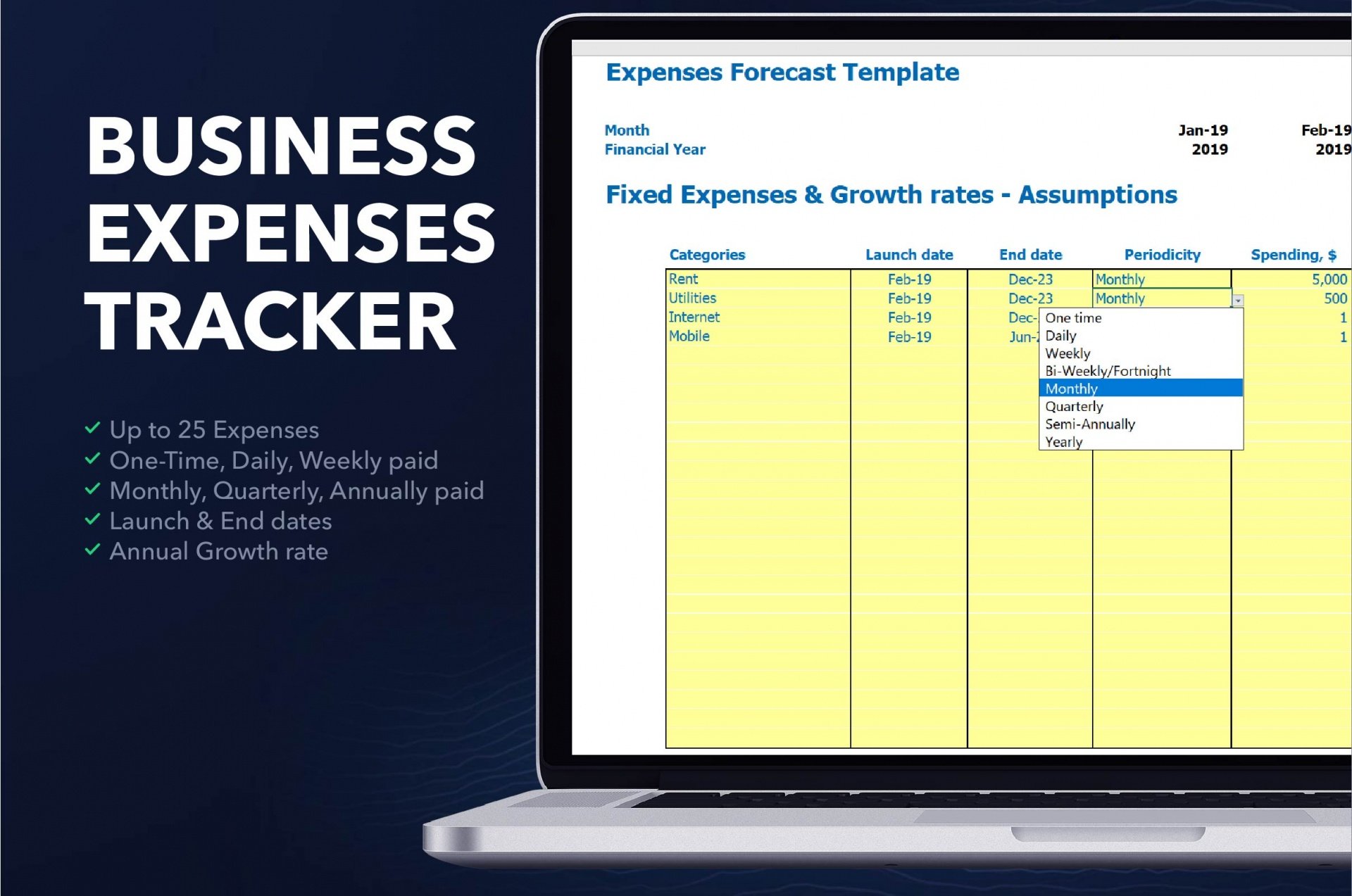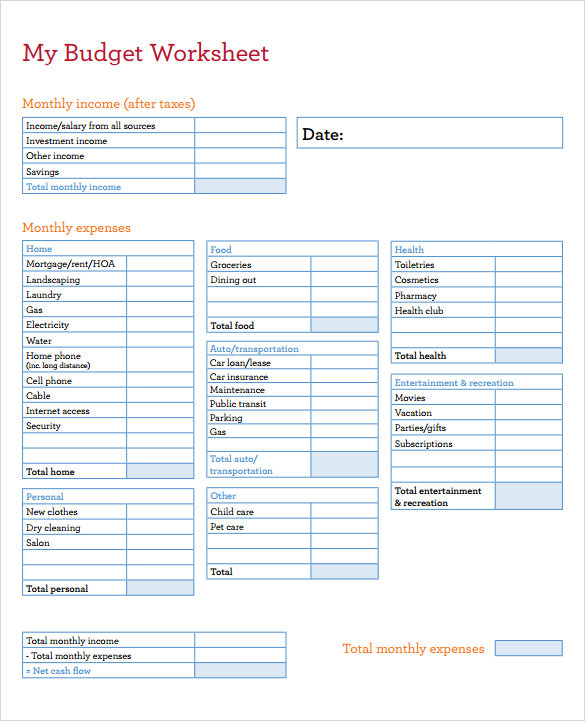

How long your loan lasts:You can choose the amount of time you’ll take to pay off your mortgage-typically 10, 15, 20, or 30 years. But if you don’t have 20%, you can put down as little as 3.5%, or in some cases 0%. Your down payment:Ideally, to get the best mortgage interest rates and terms, you’ll want a down payment amounting to 20% of a home’s sale price. Here are some other things to consider to help you decide which type of loan is right for you: It’s ideal for first-time home buyers who lack the money for a large down payment. An adjustable-rate mortgage can be risky, but is an option to consider if you need a low interest rate loan and are planning to move before the interest rate adjusts.įHA loan:These loans are backed by the Federal Housing Administration, which means you can put down as little as 3.5% of the price of the house. But after a certain time period, like five or 10 years, your interest rate (and monthly mortgage payment) may go up or down. Adjustable-rate mortgage (ARM):These mortgages typically offer a lower interest rate than a fixed-rate loan, at least initially.This is ideal for home buyers who plan to stay put in the house for a long time, and prefer predictable payments that won’t change in the future. Here are the main types, and their pros and cons:įixed-rate mortgage:In a fixed-rate mortgage, your interest rate remains the same over the life of the loan. Mortgages come in a wide variety to suit home buyers’ circumstances. A credit score can range from 300 to 850 generally a high score means you'll have little trouble getting a home loan with great terms and interest rates.įor an instant estimate of what you can afford to pay for a house, you can plug your income, down payment, home location, and other information into a home affordability calculator. It’s based on whether you’ve paid your credit card bills on time, how much of your total credit limit you’re using, the length of your credit history, and other factors. Lenders will also review other aspects of your finances, including the following:Ĭredit score:Also called a FICO score, a credit score is a numerical rating summing up how well you’ve paid back past debts. As a general rule, to qualify for a mortgage, your DTI ratio should not exceed 36% of your gross monthly income. To calculate your DTI ratio, divide your ongoing monthly debt payments by your monthly income. Your debt-to-income (DTI) ratio is the percentage of gross income (before taxes are taken out) that goes toward your debt. Lenders will compare your income and debt in a figure known as your debt-to-income ratio. Lenders look closely at applicants who owe a large amount of debt, since it means there will be less funds to put toward a mortgage payment, even if their income is substantial. Lenders may check not only your income for the current year, but also for past years to see how steady your income has been.ĭebt:This is the total amount you owe to credit cards, car payments, child support, college loans, and other monthly debts. Your income:How much money you bring in-from work, investments, and other sources-is one of the main factors that will determine what size mortgage you can get. Here are the main things they review to determine how much you can borrow: When you apply for a mortgage to buy a home, lenders will closely review your finances, asking you to share bank statements, pay stubs, and other documents. Learn more: Your Mortgage Payment, Explained Mortgage insurance:If your down payment is less than 20% of the cost of your house, many lenders will require you to pay an additional fee called private mortgage insurance, or PMI. HOA fees:If your home is part of a homeowners association, you may be required to pay a fee for maintenance or other services the HOA provides. In addition to these costs, your house payment might also include these expenses: Insurance:Most mortgage lenders will require you to purchase home insurance to protect your property from damage, theft, and other accidents.
Calculate monthly expenses how to#
Here’s more on how to calculate property taxes. You can typically find an estimate of the property taxes you can expect to pay on real estate listings.

Taxes:Property taxes-what you pay the government for services such as public roadways and schools-are often included in mortgage payments. Interest:This is an additional percentage added to your principal that lenders charge you to borrow money to buy a home.

A portion of your monthly mortgage payment will pay down this balance. Principal:This is the total amount of money you borrow from a lender.

A mortgage payment typically consists of four components, often referred to as PITI: principal, interest, taxes, and insurance.


 0 kommentar(er)
0 kommentar(er)
